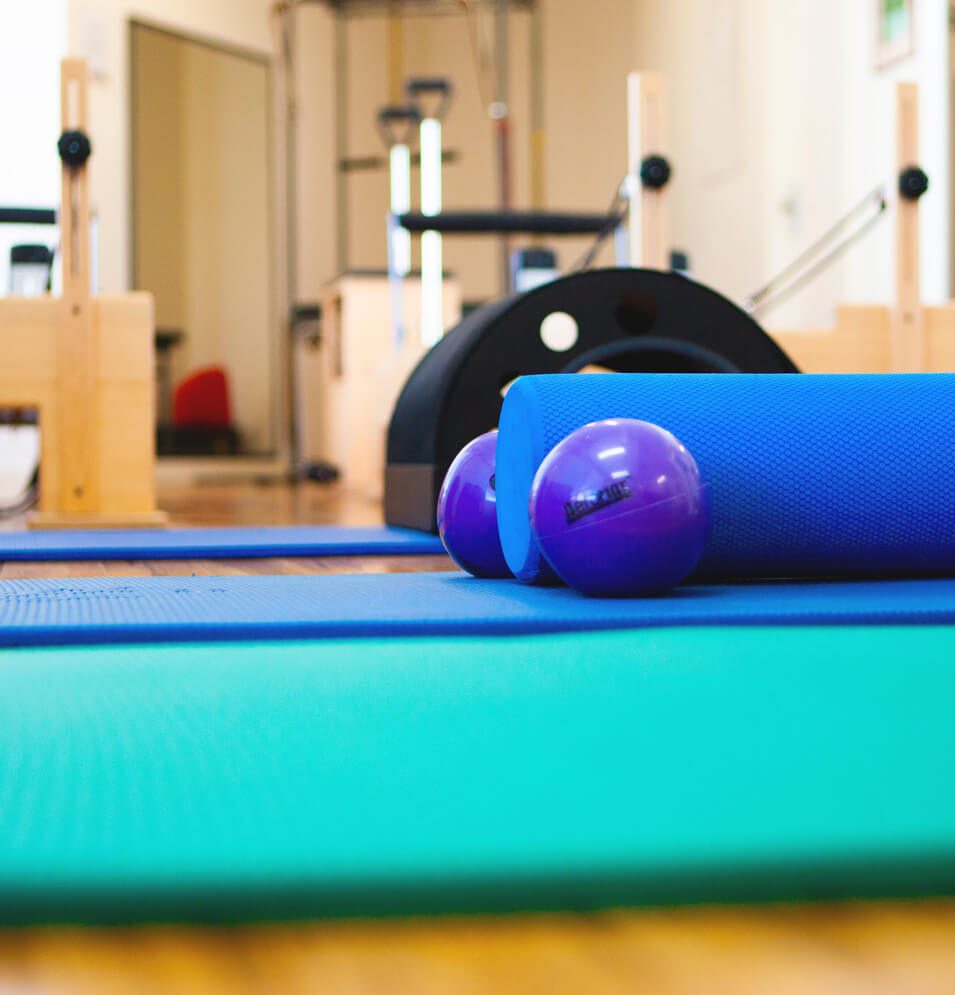Did you know the upcoming introduction of the Australian Government ‘Support at Home’ program could assist you with your home support requirements? Learn more.
Our home visiting Occupational Therapy service takes a person-centred approach to working with clients to help them maximise function and independence in the home and community. We provide a wide-range of OT services and work with our clients to assist them to achieve their functional goals.
Self-care assessment and intervention
Occupational therapists use a combination of interview, observation and functional assessment to determine a person’s ability to care for themselves across a wide range of daily tasks. These daily tasks can be broken into 3 categories;
- Self-care: dressing, grooming, hygiene, sleeping, eating,
- Domestic tasks: cooking, cleaning, laundry, home making
- Instrumental tasks: money management, driving, and medications
Once an assessment has been completed, an occupational therapist can then recommend a wide range of equipment, home modifications, services or rehabilitation to optimize a person’s function in these daily tasks and ensure maximum independence and safety at home.
Environment assessments
Occupational therapists specialise in performing home assessments for those who have undergone changes in their physical or cognitive abilities from either injury or illness. The focus of a home assessment is to identify ways to increase the client’s independence and safety. This can be done through;
- Minor home adjustments such as installing grab rails or small threshold ramps
- Prescribing assistive or adaptive equipment and providing advice to make daily tasks safer or easier
- Where appropriate, recommending services where home modifications and equipment can ensure a persons safety or independence with a task.
Complex home modifications
The role of the Occupational Therapist is to assess the functional needs of the client, and their carers in relation to adapting, modifying or designing a built environment that maximises a person’s safety, functional capacity and independence. This process includes providing information to the person to enable them to make informed choices about the design and type of home modifications available to them. This can include;
- Hob or bathtub removal to create a level access shower
- Recommendations for major ramps at primary access points
- Recommendations for installation of stairlifts
- Remodelling of kitchen, bathrooms and entire home environments to ensure accessibility
Falls prevention
Falls are a serious problem in the community with around 30% of adults over 65 experiencing at least one fall per year, Falls can also result in restriction of activity and fear of falling, reduced quality of life and independence.
Falls prevention assessments aim to eliminate falls hazards within the home and recommendations can range from relocation or replacements of floor mats through to the installation of grab rails and access ramps.
Pressure care
Pressure injuries are caused by unrelieved pressure, shear forces and friction resulting in damage of the skin and underlying tissue. They predominantly occur during periods of acute or prolonged illness and affect frail, debilitated, elderly, or neurologically impaired patients, and those who are immobile for long periods of time.
An occupational therapist can assess the risk factors for pressure injuries including the positioning of and handling people at risk of developing pressure ulcers, as well as provide intervention for those with already developed pressure injuries. Individualised treatment and intervention may include prescribing appropriate pressure relieving equipment and providing patients and care givers with prevention and management strategies.
Neurological rehab - stroke, brain injury, spinal cord injury
Neurological rehabilitation is a complex and specialised area, many people will require occupational therapy intervention for cognitive, physical and perceptual rehabilitation following a neurological injury e.g. head injury, stroke, spinal cord injury. This can include;
Assessment and treatment of cognitive and perceptual problems
- Assessment and treatment of physical limitations caused by neurological injury
- Assessment and modification of the home environment to promote function for people who have permanently altered function
- By providing community rehabilitation following a neurological event, therapy can be targeted at returning people to their valued occupations and daily routines.
Seating and positioning
Assessment and prescription of appropriate seating equipment for people of all ages with seating and postural needs is critical in order to provide an optimal seated position from which they may engage in functional activities. Other key goals of seating and positioning assessment and intervention are to promote comfort and relaxation, manage or prevent the development of pressure sores, reduce fatigue and maintain skeletal alignment.
We are able to offer assessment and prescription of specialised wheelchairs, recommend optimal seating within the home and provide advice to the client and caregivers on how to maintain optimal positioning.
Cognitive assessment and intervention
Occupational therapists are skilled in the assessment of cognition both through paper based cognitive screens/assessments as well as performing functional cognitive assessment in peoples homes. Cognition is integral to effective performance across the broad range of daily occupations such as work, educational home management, and play and leisure and can affect people of all ages. Occupational therapists assess cognition across a wide range of conditions such as age related decline, neurological impairment, various forms of dementia.
Post-assessment through the use of occupations and activities we are then able to provide intervention and facilitate individuals’ cognitive functioning to enhance occupational performance, self-efficacy, participation, and perceived quality of life.
Home care packages
Occupational therapy can be accessed with funds from a home care package. We are a preferred provider for number of home care providers who administer packages and are experienced in providing appropriate occupational therapy care within the budget constraints of a care package. We pride ourselves on providing a client-centred approach, with an emphasis on ongoing communication between all key stakeholders in the clients’ care. If you are on a home care package and require occupational therapy, please contact us or speak to your Case Manager/Care Coordinator.
Other Allied Health services we provide for home care packages are:
- Physiotherapy
- Podiatry
- Reablement Program
- Falls Prevention Program
Learn more about the upcoming introduction of the Australian Government 'Support at Home' program and how it could assist you with your homecare requirements.
Reablement program
The traditional model of care, is to provide someone with assistance to perform a task. Either this is to assist them to do the task or do it for them. One of the current initiatives of WA Health is to move from this traditional community care services model towards a ‘wellness/capacity building’ model of care, through Reablement programs.
- Reablement programs shift the focus from illness and dependence through passive help for individuals, to encouraging independence in performing activities of daily living. There is an increasing body of evidence that this shift produces more favourable outcomes for consumers with improved wellness, through achieving greater independence, and consequently reducing the amount and cost of care. In keeping with this evidence-based best practice, Lifecare has developed its Wellness and Reablement Program for individuals receiving community care.
- Reablement is the process of helping people regain, or re-learn, skills required for daily living which have been lost due to deteriorating health or advancing frailty. It is distinct from addressing specific health care issues.
- Reablement programs are led by Allied Health professionals and are time-limited (6-12 weeks) with specific goals set around activities required for daily living. The focus is on engaging individuals in a program designed to improve their ability to perform specific activities of daily living, and minimise the amount of care required for these activities. For example, making a cup of tea, dressing, independent showering etc.
Benefits to the individual
- Increased feelings of independence, empowerment and autonomy in managing their health and abilities
- Improved physical and emotional well-being
- Improving their ability to self-care and to perform everyday activities of daily living
- Reducing the need for ongoing home care services
- Reducing the risk of falls and falls related injuries
- Avoiding hospital admission for reasons directly addressed by this program, for example, falls, medication or chronic disease mismanagement
National Disability Insurance Scheme (NDIS)
We are registered providers under the NDIS for:
- Physiotherapy
- Occupational Therapy
- Podiatry
We pride ourselves on working with our clients, to achieve mutually set goals and get more out of life.
If you are a client or a care manager of a care provider, please call us on 9335 7744 to discuss how we can help you.


